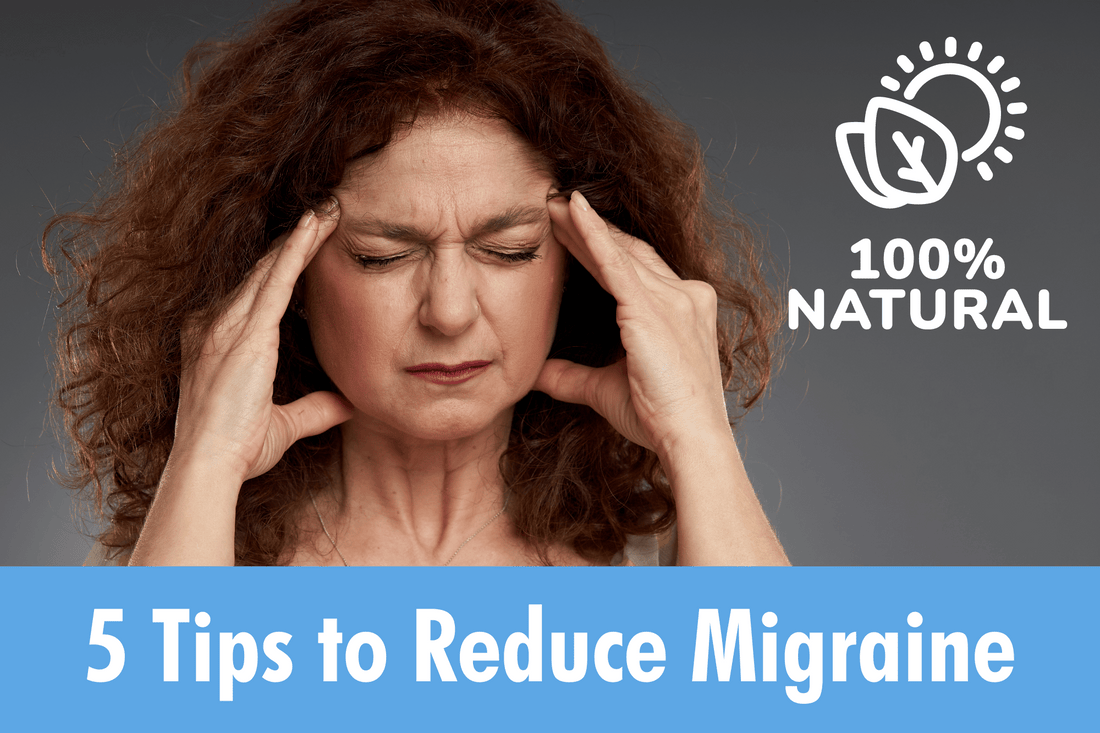
5 Tips to reduce migraine
Share
Living with migraines can be challenging, but there are natural strategies that may help alleviate their frequency and intensity. In this article, we'll explore 5 effective tips, including the use of unscented products, to potentially reduce migraines. Additionally, we'll discuss the significance of maintaining good resting face posture as a potential relief technique. Discover these simple yet impactful methods that can contribute to managing your migraines more effectively.

1. Choose Mirai Clinical’s Little to No Scent Products: If you’re sensitive to strong smells that can trigger migraines, finding the right bodycare products can be tough. Mirai Clinical offers bodycare with little to no scent so you can nourish your skin without worrying about headache-causing fragrances. It’s an easy change that might help keep those scent-related migraines at bay.

2. Try Sleep Tape™ to Get Better Rest: Getting a good night’s sleep is huge when it comes to managing migraines. Sleep tape™ might sound unusual, but it’s a gentle way to encourage nasal breathing at night, which can improve how deeply you sleep. When your sleep improves, your migraines often become less frequent or less severe it’s definitely worth a try.

3. Take a Relaxing Bath Before Bed, Especially in Summer: A warm bath before bedtime can really help you relax and prepare for a good night’s sleep. During the summer, when it’s harder to cool down, soaking in a bath with some bath salts can be extra soothing. Even though the bath warms your body, it actually helps your temperature drop afterward which is important for falling into deep, restful sleep that can reduce migraines.

4. Employ Stress Management Techniques: Stress is a known trigger for migraines. Integrating stress management techniques into your daily routine can significantly impact the frequency and severity of migraines. Consider activities such as deep breathing exercises, meditation, yoga, or engaging in hobbies that promote relaxation and reduce stress levels. By effectively managing stress, you may experience a decrease in migraine episodes.

5. Follow a Balanced Diet and Stay Hydrated: Maintaining a healthy, balanced diet and proper hydration is crucial for migraine prevention. Avoid skipping meals and focus on consuming nutrient-rich foods like fruits, vegetables, whole grains, and lean proteins. Additionally, drink an adequate amount of water throughout the day to stay properly hydrated. Dehydration and certain food triggers can contribute to migraines, so paying attention to your diet and hydration habits is essential.
In conclusion, by incorporating these five natural tips into your lifestyle, you may be able to reduce the frequency and intensity of your migraines. From using unscented products like our fragrance-free body lotion to practicing good resting face posture, each strategy contributes to creating a more migraine-friendly environment. Remember to consult with your healthcare provider for personalized advice and guidance. Take control of your migraines naturally and enhance your overall well-being.
Disclaimer: This article provides general information and is not a substitute for professional medical advice. If you experience chronic or severe migraines, please consult a healthcare professional for proper diagnosis and treatment.
